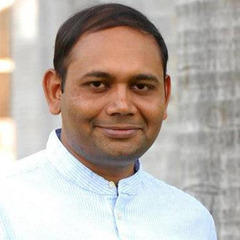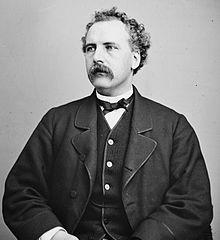Alexander Pope Quotes - Page 15

When much dispute has past, we find our tenets just the same as last.
Like following life through creatures you dissect, You lose it in the moment you detect.
And hence one master-passion in the breast, Like Aaron's serpent, swallows up the rest.
Where London's column, pointing at the skies, Like a tall bully, lifts the head, and lies.
Whate'er the talents, or howe'er designed, We hang one jingling padlock on the mind.
Sickness is a sort of early old age; it teaches us a diffidence in our earthly state.
Where grows?--where grows it not? If vain our toil, We ought to blame the culture, not the soil.
Luxurious lobster-nights, farewell, For sober, studious days!
You beat your Pate, and fancy Wit will come: Knock as you please, there's no body at home.
To observations which ourselves we make, we grow more partial for th' observer's sake.
The bookful blockhead, ignorantly read With loads of learned lumber in his head.
No louder shrieks to pitying heaven are cast, When husbands or lap-dogs breathe their last.
Virtuous and vicious every man must be, few in the extreme, but all in the degree.






